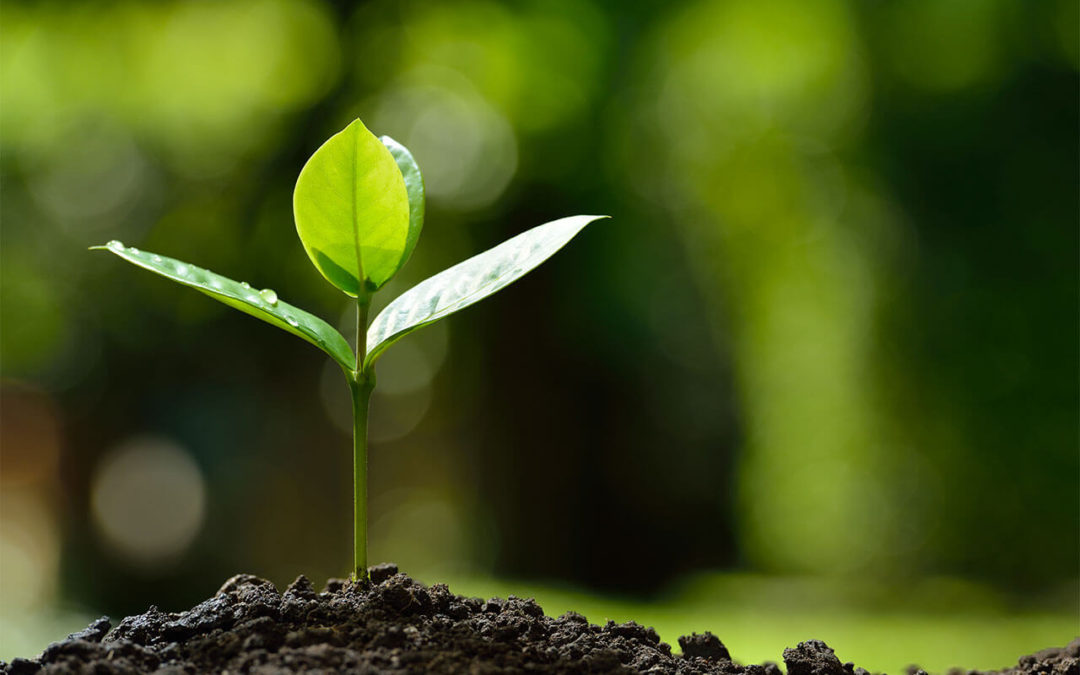
Organic farming methods are a way of producing food that is environmentally friendly and promotes sustainability. These methods include avoiding pesticides and chemicals, using natural fertilizers, and creating healthy soils.
Sustainable organic farming uses less energy, sequesters more carbon and fosters more biodiversity. This is an important step in the fight against climate change.
No Pesticides or Chemicals
Organic farming methods without pesticides and chemicals are good for the environment and promote sustainability. They reduce pollution, conserve water, and increase soil fertility.
Soil building practices like crop rotations, symbiotic associations, cover crops and organic fertilizers encourage soil fauna and flora. They also increase nutrient and energy cycling, enhancing soil stability.
Another important aspect of organic agriculture is the use of physical weed control and animal and green manures. They help lower weed infestations and keep the soil free of pests and diseases.
Secondly, multiple cropping practiced in organic farming boosts biodiversity and enhances productivity.
Conventional methods of farming involve excessive use of chemical fertilizers and planting only one crop at a time (monocropping). This leads to soil degradation, nitrate runoff that contaminates water sources and pollution of river systems.
Healthy Soil
Using organic farming methods with healthy soil helps the environment and promotes sustainability. These methods also help to sequester carbon and release less greenhouse gas into the atmosphere.
Sustainable agriculture requires healthy soils that are able to hold water and nutrients. These can be cultivated through sustainable practices that build soil organic matter (SOM), which makes the soil more resistant to erosion and helps to capture and store water for crops.
SOM is created when decomposed plant and animal waste is mixed with the soil. These organic materials are a source of nitrogen, potassium and other important nutrients that can be used by plants and reduce the need for synthetic fertilizers.
SOM also increases microbial diversity and enzymatic activity in the soil. This helps to increase the capacity of the soil for nutrient absorption and prevents soilborne disease by boosting the number of beneficial microorganisms. This, in turn, increases crop yields. It also improves soil structure and enhances water retention, which enables crops to grow in drought conditions.
No Erosion
Organic farming methods promote sustainability by helping the environment and protecting natural resources. They focus on soil building practices like crop rotations, symbiotic associations, cover crops and minimum tillage that help maintain soil biodiversity.
This also decreases nutrient losses and the amount of time that the soil is exposed to erosive forces. In addition, agrochemicals are used much less on organic farms.
Pesticides are harmful to the environment, and they can also have a negative effect on native plant and animal life. They can also end up in water sources and cause eutrophication, which destroys beneficial aquatic life.
Integrated pest management (IPM) uses small amounts of chemicals only when necessary, and it focuses on non-chemical controls like weeding by hand or introducing natural predators to reduce pests. It also tries to prevent pests by creating and maintaining environments that are friendly to insects, animals and invasive plants.
Clean Water
Organic farms use a minimal amount of water, which helps to keep our water supply clean. Non-organic farms pollute the environment with harmful pesticides, fertilizers, and animal waste, causing algae blooms in water systems that can be toxic to humans and animals.
The practice of enriching soils with natural components (such as manure, bone meal, or shellfish fertilizer) is called composting. It requires a lot of attention to the quality of the material, and must be tested before application.
Unlike conventional farming, organic farming does not use petroleum-based fertilizers and pesticides. This promotes biodiversity and a healthy soil ecology.
This means that organic farms support more plant, insect and animal species than conventional ones. Moreover, it provides more habitat for birds and other natural predators, which can help protect the land from pest invasion.
Frequently Asked Questions
What are the things to look for when purchasing organic products?
USDA-certified organic labels are recommended. This guarantees that the product meets certain USDA standards. You will find the USDA Organic seal on all boxes, cartons and cans.
When buying meat, make sure it is from organically fed cows. Cattle are ruminants, which means they chew the cud. Ruminant cattle are divided into four stomach compartments, the rumen and reticulum as well as the omasum and abmasum. If a cow is to be labeled organically, all parts must be organically fed.
You should only purchase chicken that has been raised organically. It must not have ever been treated with antibiotics. Chickens are omnivores, meaning they eat both plants and animals. A digestive tract that is omnivorous includes a crop, proventriculus and gizzard. It also contains small intestines, large intestines, and anus.
You should ensure you only buy dairy products made from milk that has been produced by cows who have been fed 100% organically grown food. Just like ruminants, dairy cows also have four stomachs. The fourth stomach compartment, the udder, is where milk comes from.
To find out the percent of the feed the animals received when you purchase other types livestock, be sure to read the labels. One example is pork that may be labeled '95% Organic'. This means that 95 percent came from organic sources.
Organic means it is free from pesticides?
Organic food is free from pesticides and chemical fertilizers. This means that organic foods are not subject to chemical pesticides or fertilizers.
Because organic produce does not contain harmful additives it has more nutrients that conventionally produced foods.
The USDA National Organic Program requires that organic farming practices be followed by farmers.
These guidelines cover soil preparation, crop rotation and pest control. They also include water conservation and harvesting techniques.
Organic farming methods are also beneficial for wildlife and natural habitats.
How do I know if my produce is organic?
These labels will help you ensure that organic produce is purchased.
USDA Organic Certified- This product has been certified organic by the USDA.
Certified Naturally Grown: Produce that has been grown in accordance with organic practices, but has yet to receive certification from USDA.
Pastured/Freerange - Products made from animals who graze freely and are outdoors.
These labels indicate that the product meets certain criteria.
- No synthetic fertilizers or pesticides
- No genetically modified organisms
- Animals are never given antibiotics
- The animal is never given any hormones
- No growth-promoting drugs
- No feed additives
- No artificial ingredients
- No irradiation
- No sewage sludge
- GMOs prohibited
- Antibiotics have never been administered
- No hormones ever given
- No growth-promoting drug
- No feed-additives
- No artificial ingredients
- No sewage sludge, if it's not a GMO
- No irradiation
I hope you found this article helpful.
What are the top organic vegetables?
Organic vegetables are the healthiest and most nutritious foods available to humans. They are the best food on earth.
Organic produce can be grown without the use of pesticides herbicides fungicides and chemical fertilizers. These chemicals pose grave risks for our health and the environment.
Organic produce is also richer in nutrients, vitamins, minerals and antioxidants. This makes them more healthy because organic produce absorbs nutrients better.
Not only do organic vegetables taste delicious, but they are also safe to eat. Organic produce does not have side effects.
Organic fruits and vegetables can be found at all grocery stores. You can find organic fruits and vegetables at all grocery stores as long as they conform to USDA guidelines.
What's the difference between organic foods and inorganic food?
Organic food is free from pesticides, chemical fertilizers and sewage sludge. It can also be grown without irradiation or genetic modification. Organic farming practices contribute to soil health, water purity, and animal welfare.
Inorganic foods can be grown using pesticides, chemical fertilizers and sewage sludge. Radiated foods can be treated with radiation. Genetically modified organisms (GMOs) are created by biological engineering techniques.
The term "natural" is often used interchangeably with "organic." But, "natural" does not necessarily refer to organic. Natural products can also be labeled with synthetic ingredients.
Because organic produce contains fewer harmful chemicals, pesticides, and fertilizers than conventional produce it is more nutritious. Organic farmers also don't use synthetic fertilizers or hormones, pesticides, or antibiotics.
What is organic food?
Organic produce does not contain synthetic fertilizers, pesticides and sewage sludge. It is also grown without irradiation or genetic engineering. No growth hormones or animal testing are done. These crops can grow naturally so that farmers don't have to use pesticides or weed control.
Organic farming practices help maintain soil quality and reduce erosion. Organic foods are healthier than conventional foods because they have more nutrients. Organic products have a higher fiber content and are lower in calories and fat than conventionally manufactured ones.
Statistics
- Brands participating in this challenge are committed to using 100 percent sustainable cotton by 2025.[5] (en.wikipedia.org)
- Cosmetic brands such as Laurel and Rose Mira are 100 percent organic and have a wide array of skincare products. (en.wikipedia.org)
- Nutrients like omega-3 fatty acids were up to 50 percent higher in organic meats and milk than in conventionally raised products.[3] (en.wikipedia.org)
- As for organic meat, regulations require that animals be raised in living conditions that accommodate their natural behaviours (like the ability to graze on pasture), fed 100% organic feed and forage, and not administered antibiotics or hormones. (usda.gov)
External Links
ecfr.gov
ewg.org
- EWG's 2022 Shopping Guide to Pesticides in Produce
- Clean Fifteen Conventional Produce (tm); With the Least Pesticides
ams.usda.gov
doi.org
- Occupational Pesticide Exposures and Cancer Risk: A Review: Journal of Toxicology and Environmental Health, Part B: Vol 15, No 4
- Genetically modified foods: Safety, Risks and Public Concerns - A Review - Journal of Food Science and Technology
How To
Is there anything negative about buying organic products?
Organic food has numerous benefits. There are, however, some drawbacks. There are also higher consumer prices and lower quality standards.
There's nothing wrong with wanting more variety when it comes to groceries. But we've been conditioned to expect cheap foods that taste awful. This is why most grocery stores stock identical prepackaged products.
Organic food is becoming more popular today because it provides better nutrition and great tasting food. How do you convince people to spend a little more for organic food?
Well, you could tell them that organic food costs more. However, this doesn't mean that organic food tastes better. It could even make them suspicious of you motives.
Instead, you should highlight its many benefits. Organic food is healthier and contains less pesticides, antibiotics, and it has higher nutritional content. Plus, it's grown without synthetic fertilizers and herbicides, which means it's healthier for us and our environment.
Organic food is often avoided by people who think it's too expensive. But if they think about the health benefits, it may be worth spending a few bucks per week.
Organic food tastes great because it is made according to strict guidelines. It tends also to retain more vitamins and minerals.
Organic food tastes better as it is harvested later in season. This makes the food more fresh and easier to digest.
Organic food is typically cheaper, because organic farming requires less labour and fertilizer.
Resources:
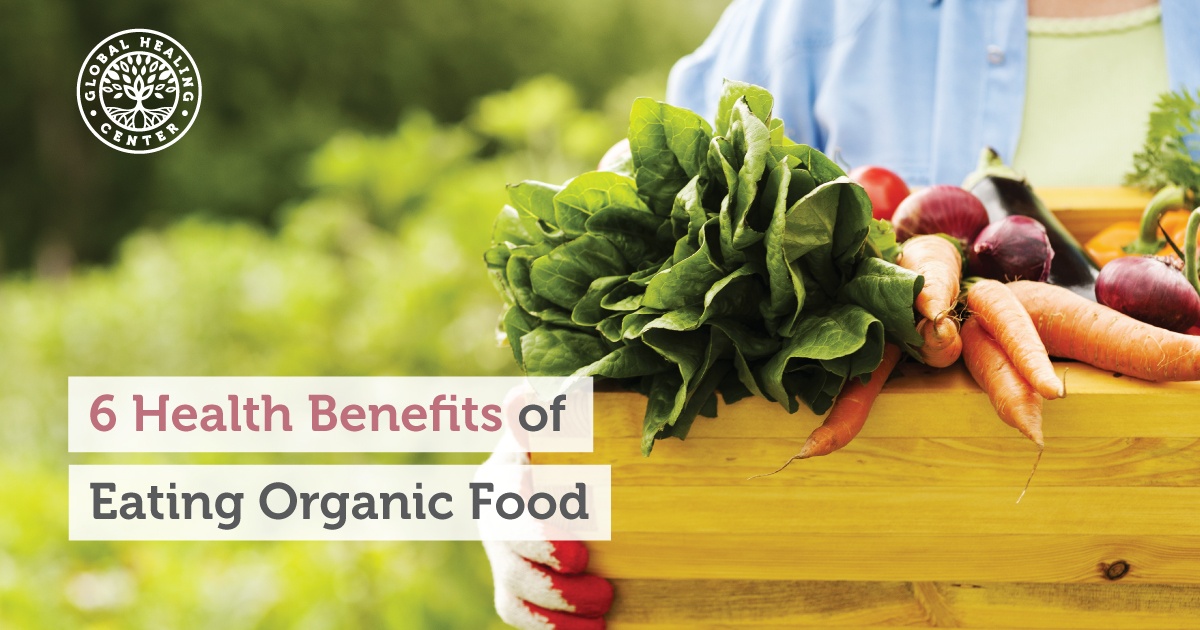 |
Nuts and SeedsNuts and seeds are nutrient-rich crunchy tidbits that add a protein, fiber and healthy fat punch to meals and snacks. They’re also a great source of.. |
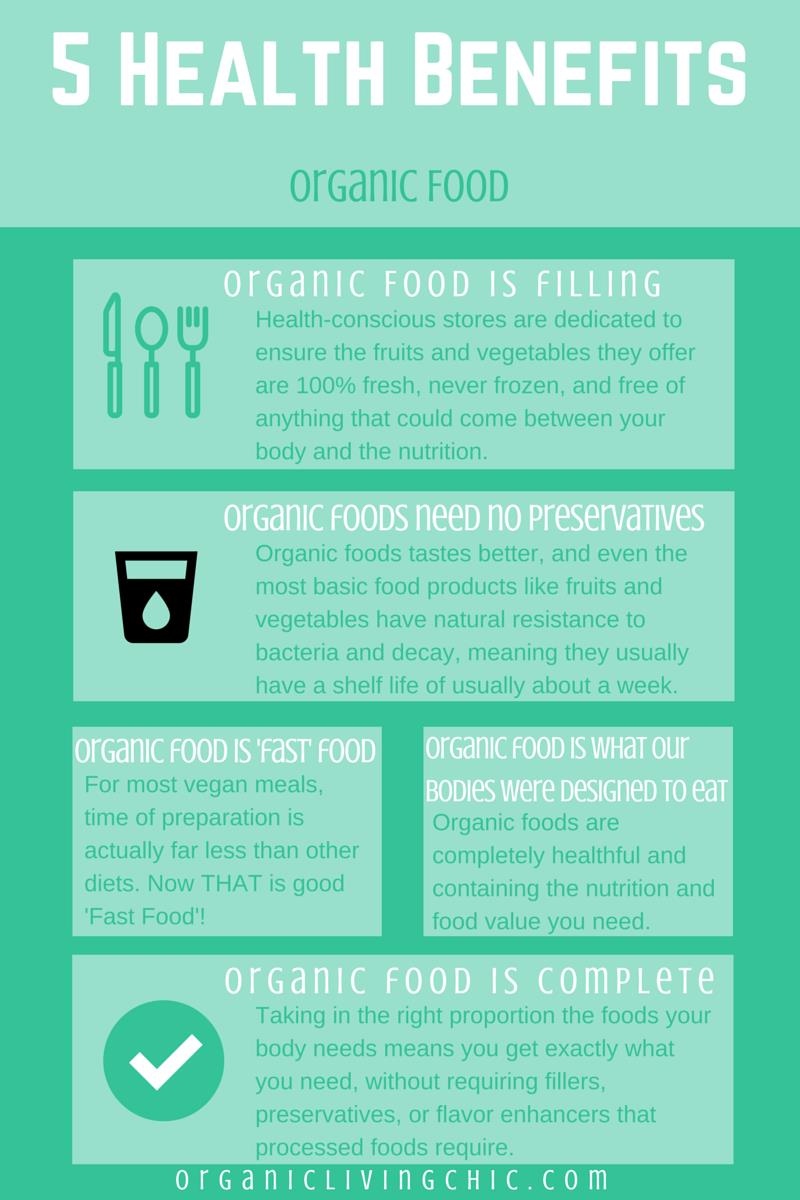 |
Organic Food For A Six Pack? The TRUTH About Organic vs Conventional Foods!Get ripped and keep your strength: http://goo.gl/uLzHn6 Hey guys, it's Clark over at Six Pack Shortcuts and today we're gonna talk about organic vs |
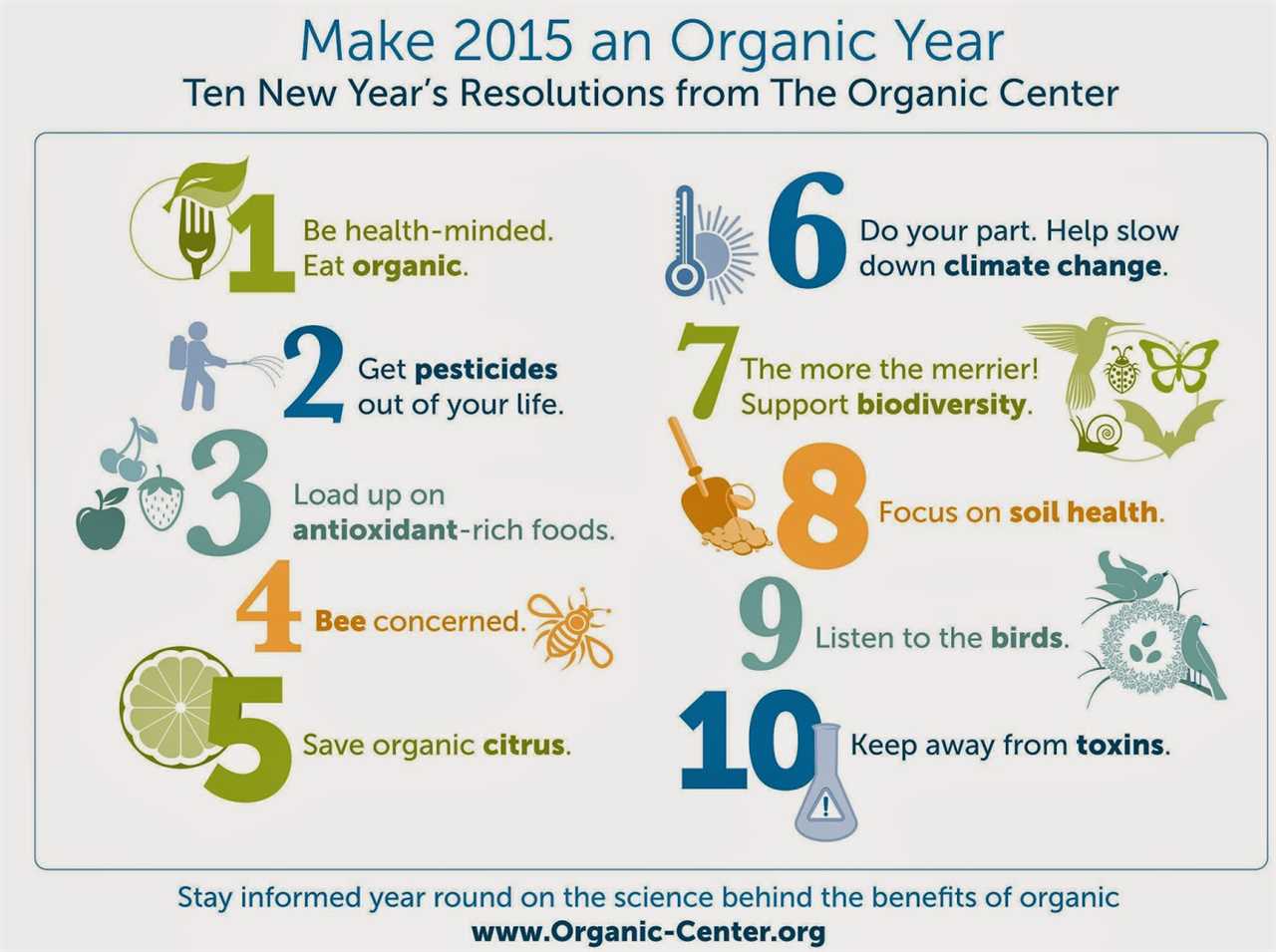 |
Organic vs Conventional Produce - The Dirty Dozen & Clean 15 ExplainedClick https://skl.sh/flavcitywithbobbyparrish to get 2 months of Skillshare for FREE! Here is a full review of the dirty dozen fruits and vegetables and |
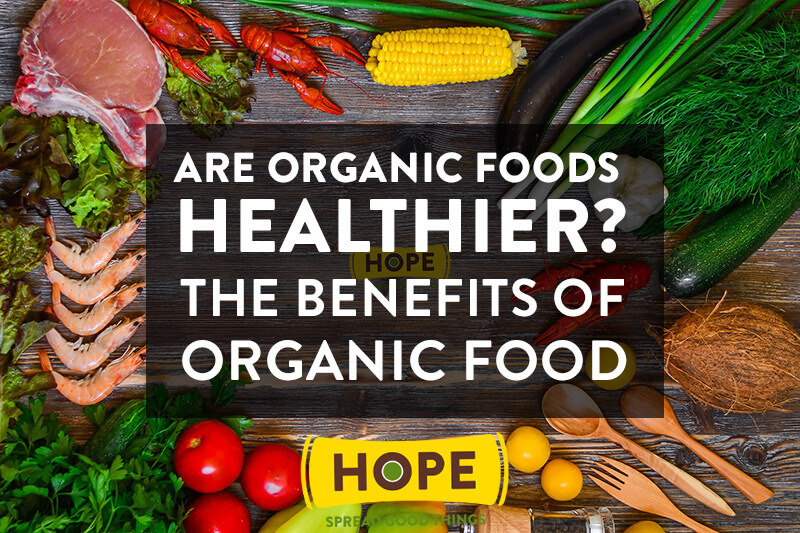 |
Are Organic Foods Really Healthier?It's widely believed that organic foods are more nutritious and safer than non-organic foods, even though the evidence is far from clear. Food certified as |
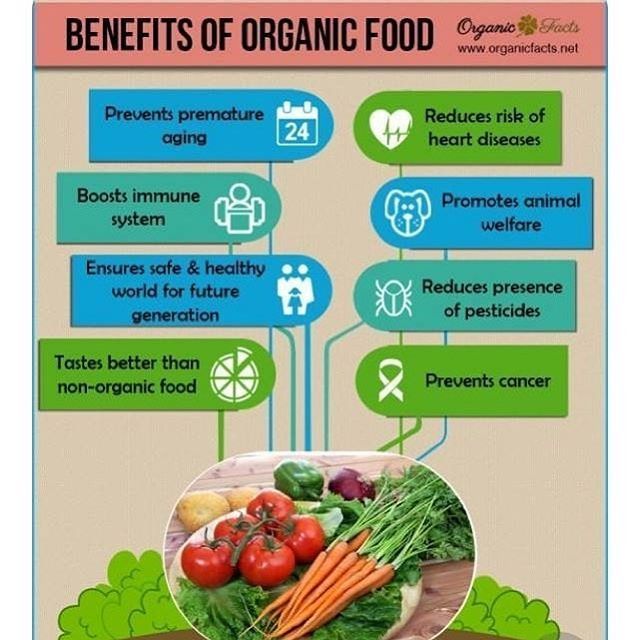 |
Are GMOs Good or Bad? Genetic Engineering & Our FoodAre GMOs bad for your health? Or is this fear unfounded? OUR CHANNELS German Channel: https://kgs.link/youtubeDE Spanish Channel: |
 |
How the food you eat affects your brain - Mia NacamulliView full lesson: http://ed.ted.com/lessons/how-the-food-you-eat-affects-your-brain-mia-nacamulli When it comes to what you bite, che […] |
 |
Is Buying Organic Food Worth The Cost?Subscribe to Goodful: https://bzfd.it/2QApoPk Goodful Goodful Feel better, be better, and do better. Subscribe to Goodful for all your healthy self care |
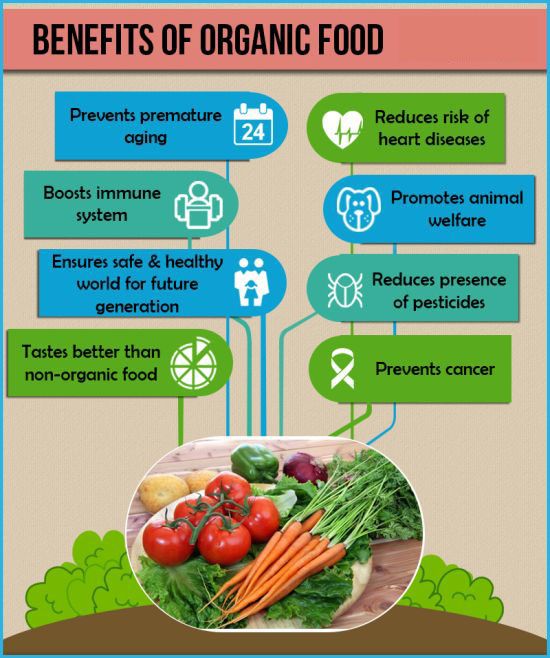 |
Benefits of Choosing Organic Gluten-Free OptionsIf you’ve been diagnosed with gluten sensitivity or celiac disease, you know how hard it can be to avoid foods containing wheat and other grains. But |
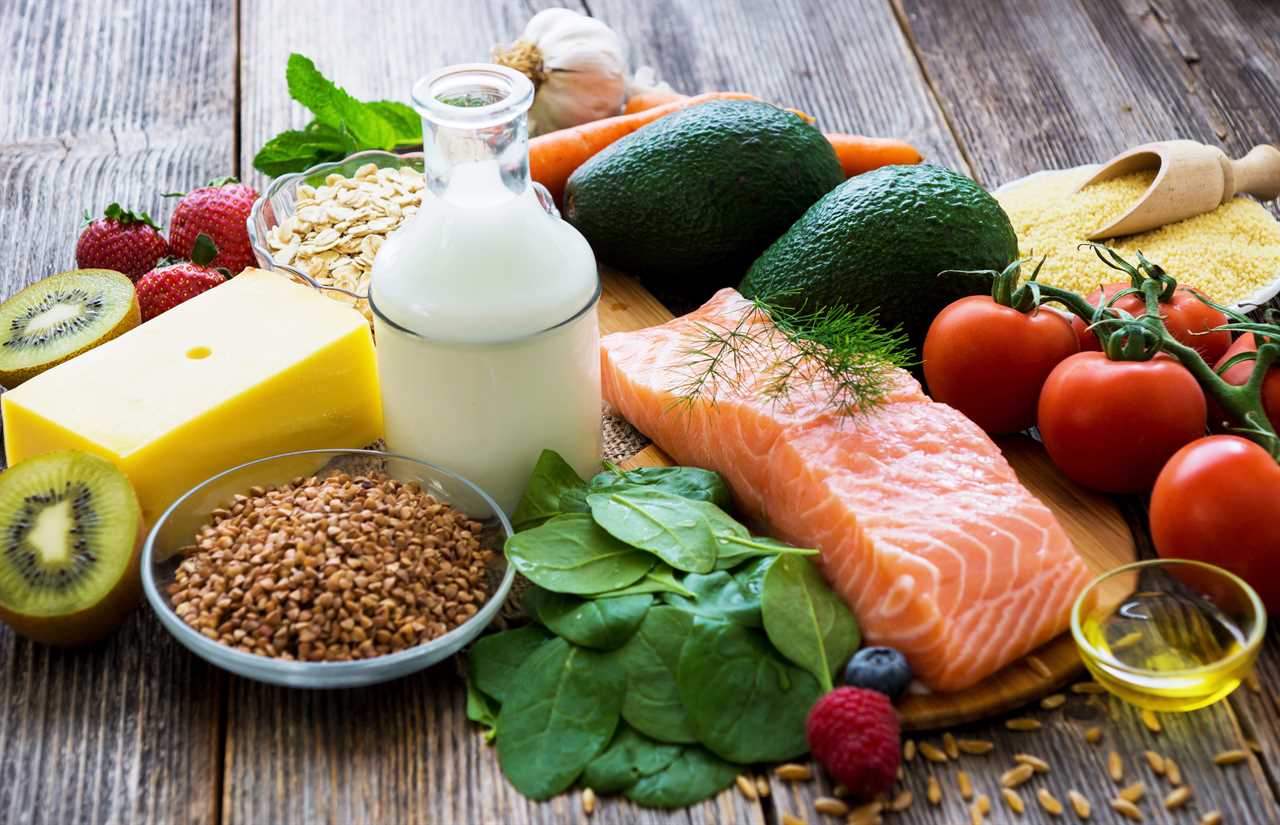 |
Joseph Wang LIVE (Bank Bailouts and Moral Hazards Deep Dive)buy my stuff Come to rebel capitalist live at https://rebelcapitalistlive.com Check out my private, online investment community (Rebel Capitalist Pro) |
 |
Organic Farming and Soil HealthOrganic farming practices promote soil health through crop rotations, symbiotic associations, cover crops and minimum tillage. These management.. |
 |
Research Reveals How Your Body Reacts When You Eat Only Organic FoodsThere is a growing belief that organic foods are healthier for us than non-organic foods. This ever-increasing belief is responsible for significant growth in |
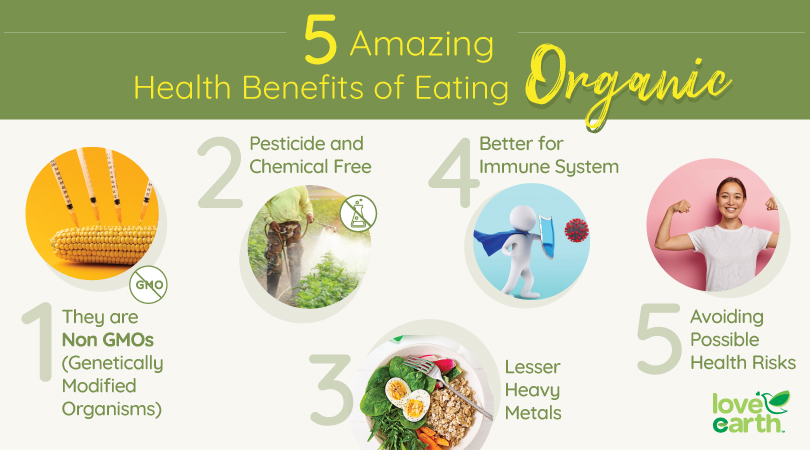 |
Stop Wasting Money on These ORGANIC Veggies (you don’t need to buy them organic)Click Here to Subscribe: http://Bit.ly/ThomasVid Get MY Recommendation on Groceries Delivered to Your Doorstep with Thrive Market: http: […] |
 |
If You Eat an Avocado a Day For a Month, Here''s What Will Happen to YouWhat Will Happen to Your Body If You Eat Avocado Every Day. The avocado is a unique fruit with multiple nutritional and health benefits. How would your body |
 |
Korean GardeningKorean gardening is one of the oldest ways to grow plants. It involves planting herbs, fruits, and vegetables that are used in kimchi, a type of.. |
 |
The Rodale InstituteThe Rodale Institute is a nonprofit organization that aims to support research into organic farming. It was founded in 1947 by J. I. Rodale, an.. |
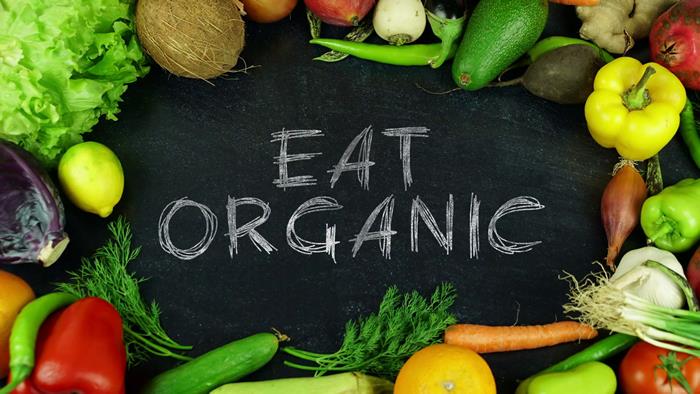 |
Organic eatingOrganic Cultur |
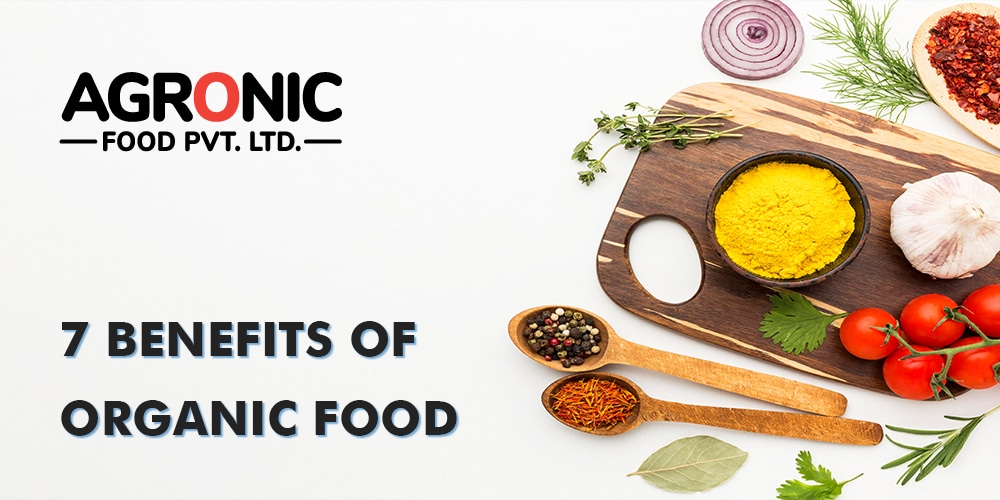 |
What is a Conventional Farm?Conventional farm is the term used to describe a farm that is not organic. It is a form of agriculture that is associated with better soil quality,.. |
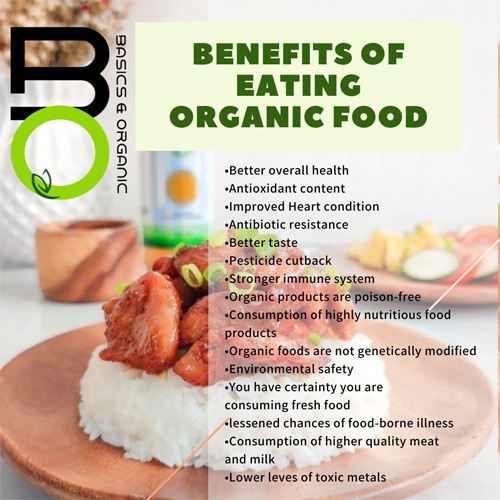 |
Chhattisgarh's Organic Farming SchoolsThe government of Chhattisgarh has started to introduce organic farming schools. This initiative is intended to provide the young generation with the |
 |
Can Organic Be GMO?The question Can organic be GMO is an ongoing debate among many consumers. While it's possible to eat foods that have been produced using genetic.. |
 |
When Did Organic Food Start?The answer to the question when did organic food start? will vary depending on the time period in which you are looking at. For instance, it may be a |
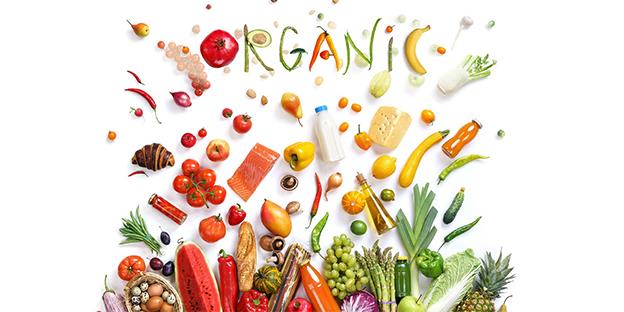 |
Organic Farming PrinciplesOrganic farming is a practice that is designed to be sustainable and healthy. Its principles include avoiding harms produced by industrial farming.. |
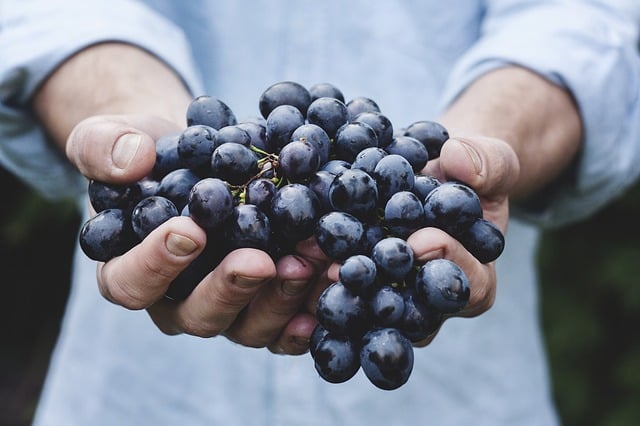 |
Soil Composition and BiodiversityThe soil that we have around us is a vital part of our lives. It is the home for many plants and animals. It also has a texture, a color, and many.. |
 |
The Benefits and Pitfalls of Organic Farming OrganizationsOrganic farming is an approach to farming that is not only ecologically sound, but also financially feasible. It is a method that is free from.. |
 |
Exotic VegetablesWhen it comes to vegetables, there are plenty of choices to choose from. Some of the most popular choices include broccoli, corn, carrots, and.. |
 |
Learn How to Become an Organic Farmer Through a Training ProgramIf you are looking to become an organic farmer, there are several ways you can do so. One option is to take a training program that will teach you.. |
 |
Benefits of Cover CropsIf you aren't familiar with cover crops, you may be surprised to learn that they are plants that are planted to grow on top of the soil to help.. |
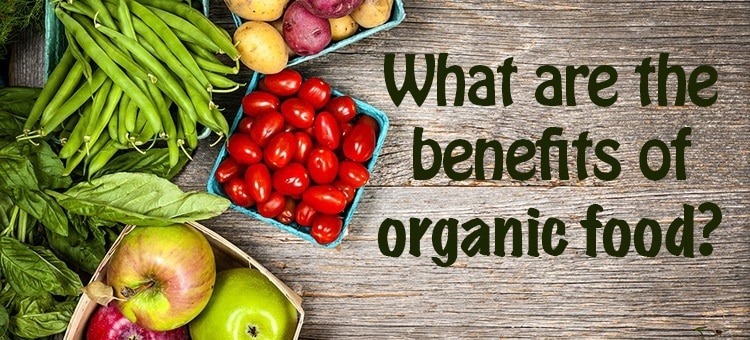 |
What is Organic Cotton?Organic cotton is the type of cotton that is grown without using pesticides or chemicals. It is also the type of cotton that is grown in subtropical.. |
 |
Is Organic Farming Beneficial to Biodiversity?Organic farming is a growing interest in the scientific community, and researchers have been investigating whether the practice is beneficial to.. |
 |
The Benefits of CompostingComposting your waste can be a very effective way of ensuring that your organic material is being broken down to the best of its ability. When.. |
 |
The Difference Between Organic Milk and Regular MilkOrganic milk is a type of milk that comes from livestock that is raised according to organic farming methods. This is a term that is regulated by.. |
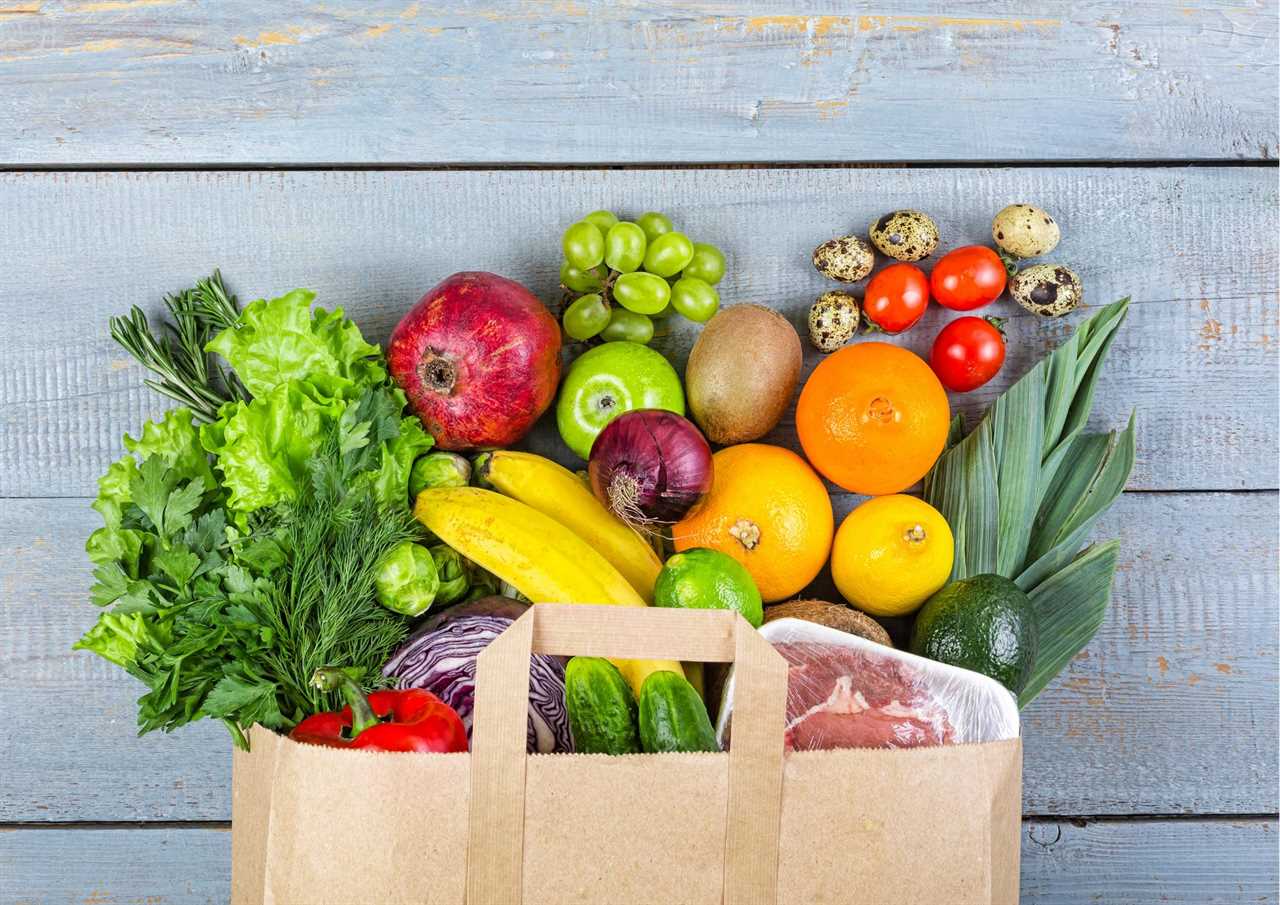 |
Organic Farming MagazineOrganic farming magazine is a resource that provides you with the latest information on organic agriculture, health, and sustainability. It also.. |
 |
The Latest Research on Organic | The Organic CenterResearched articles about eating Organic food |
.png)





